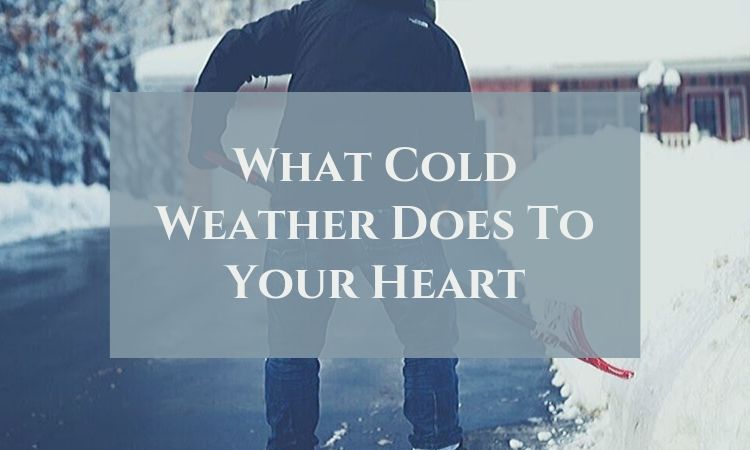
With fall season already rolling in, it’s only a matter of a few months before winter comes, which means colder temperatures and a warning for those with heart problems.
A study conducted in Sweden found that heart attacks occur more frequently in subfreezing weather. Researchers linked the higher incidence of heart attacks to shorter periods of sunshine, lower atmospheric pressure, higher wind velocity, and lower air temperatures – based off of 16 years of weather and medical scientific data.
How exactly does the cold weather affect your heart?
Exposure to cold weather causes your body to make certain physiological adjustments to maintain your core body temperature. Cold weather causes your heart to put in extra work to keep your body warm. The cold also constricts your blood vessels, decreasing the blood flow to your heart. In a nutshell, cold temperatures cause:
- Your blood pressure to increase
- Your heart rate to increase
- Your heart to work harder
- A higher tendency for blood clotting
People with heart problems, children, and the elderly are at higher risk for suffering these effects of cold weather. It is necessary to take extra precautions whenever winter starts to settle in.
Limit cold exposure
Limit the time you spend outdoors in the cold, and if you do, be sure to dress appropriately to keep your body protected and warm against the freezing temperatures.
Don’t overexert
Shoveling snow is a common winter chore, and an excellent way to trigger a heart attack among high-risk individuals. If you need to shovel snow, do it when there’s still only an inch or less on the ground. Use a smaller shovel and push (instead of lift) the snow. Doctors do not recommend shoveling heavy, wet, and deep snow, in fact, they insist that cardiac patients should never shovel snow at all.
Don’t overheat your body
Dressing in layers and then engaging in intense physical activity can lead to overheating. Overheating can cause a sudden dilation in your blood vessels, which can result in a rapid drop in your blood pressure. One way to tell if you’re overheating is when you’re out in the cold and you find yourself sweating. Consider this a danger sign, drop whatever you’re doing and get yourself indoors.


